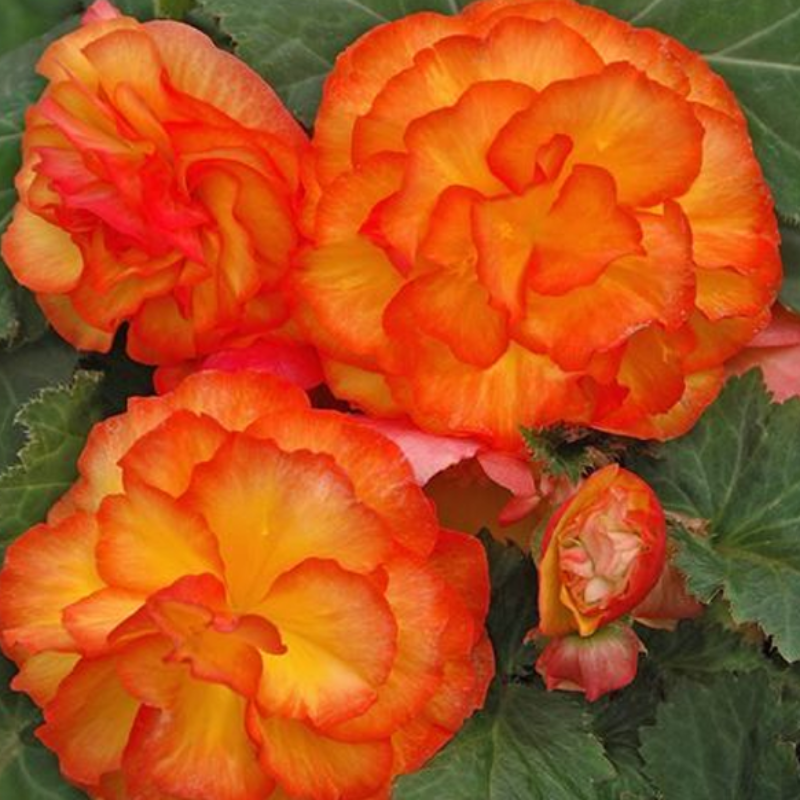- Soil requirements: Begonias prefer well-draining, fertile soil with a slightly acidic to neutral pH level (6.0 to 7.0). The soil should be rich in organic matter to support healthy growth.
- Sunlight needs: Begonias thrive in partial shade to full shade. They do not tolerate direct, harsh sunlight well, which can scorch their leaves.
- Watering requirements: Begonias require consistent moisture but should not be waterlogged. Water them regularly to keep the soil evenly moist, but allow the top inch of soil to dry out between waterings to prevent root rot.
- Planting season: The best time to plant begonia seeds is in early spring, after the last frost has passed. This allows the plants to establish themselves before the heat of summer.
- Depth and spacing: Plant begonia seeds on the surface of the soil, as they need light to germinate. Do not cover them with soil. Space the seeds about 6 to 12 inches apart to allow for adequate air circulation and growth.
- Germination time: Begonia seeds typically germinate within 14 to 21 days under optimal conditions. Maintain a consistent temperature of around 70-75°F (21-24°C) and keep the soil moist during this period.
- Maturity time: Begonias generally reach maturity and begin to bloom within 12 to 14 weeks after planting. The exact time can vary depending on growing conditions and care.
- Harvesting time: The best time to harvest begonia flowers is in the early morning when the blooms are fresh and hydrated. This is also the best time to collect seeds if you are saving them for future planting.
- Harvesting tips: Use clean, sharp scissors or pruning shears to cut the flowers. If collecting seeds, allow the seed pods to dry on the plant before harvesting. Store seeds in a cool, dry place in an airtight container. Deadhead spent flowers regularly to encourage continuous blooming.




